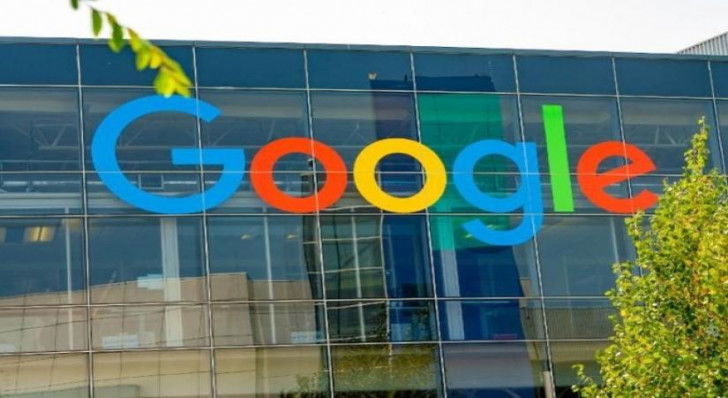Technology
Google pays $93 mn as settlement over deceptive location data practices

San Francisco, Sep 15
California Attorney General Rob Bonta has announced a $93 million settlement with Google over its deceptive and misleading options for managing location data.
The settlement resolved allegations as part of the lawsuit that Google’s location-privacy practices violated California consumer protection laws.
The settlement follows a multi-year investigation by the California Department of Justice that determined Google was deceiving users by collecting, storing, and using their location data for consumer profiling and advertising purposes without informed consent.
In addition to paying $93 million, Google has agreed to accept strong injunctive terms to deter future misconduct, Bonta said in a statement late on Thursday.
“Our investigation revealed that Google was telling its users one thing -- that it would no longer track their location once they opted out -- but doing the opposite and continuing to track its users’ movements for its own commercial gain,†said Bonta.
Google generates the majority of its revenue from advertising, and location-based advertising (or geo-targeted advertising) is a critical feature of Google’s advertising platform because advertisers want the ability to market to users based on their geographical locations.
Google also uses their location data to build behavioural profiles of users to help determine which ads to serve users, said the Attorney General.
Bonta alleged that Google deceived users in numerous ways regarding how it collected, stored, and used a person’s location data.
For example, the complaint alleged that Google falsely told users that if they turned off the “Location History†setting, then Google would not store their location data.
However, according to the complaint, even when a user turned Location History off, Google continued to collect and store that user’s location data through other sources.
Under the settlement, Google must pay the state $93 million and be subject to a number of injunctive terms that will protect the privacy interests of California users.







































